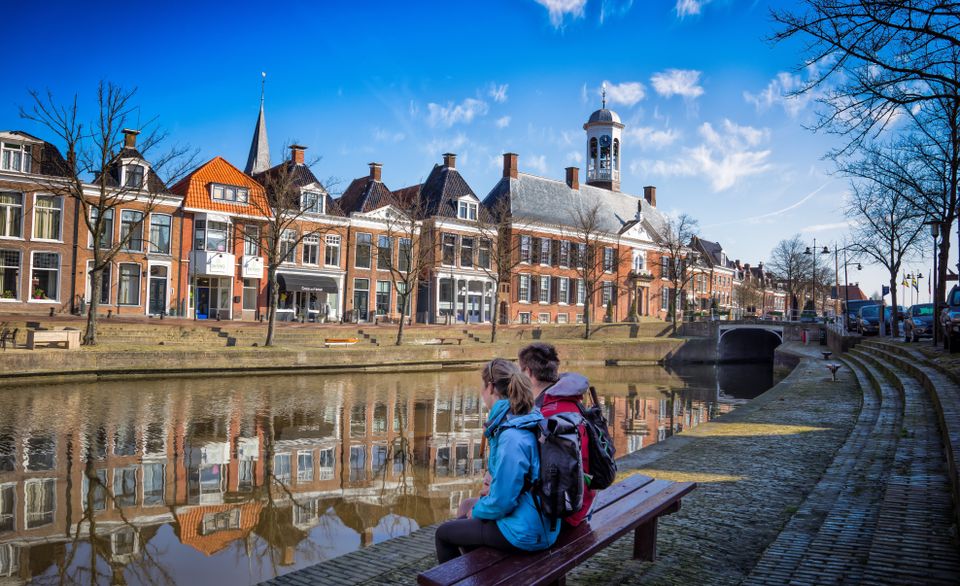Location
545 to 576 of 941 results
-
Campsite Tjaerda State
Campsite Tjaerda State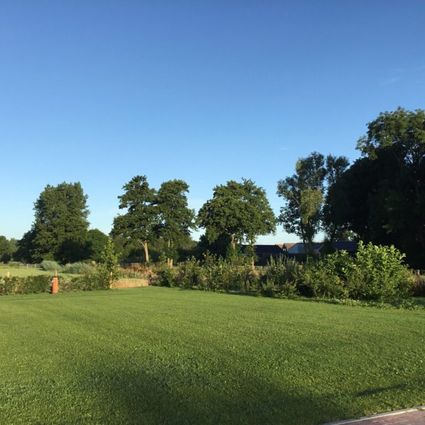 Rinsumageast
Rinsumageast -
Vissersmonument Wierum
Vissersmonument Wierum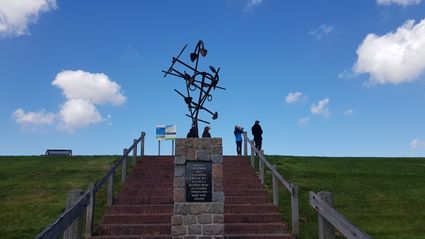 Wierum
Wierum -
Bloemenparadyske
Bloemenparadyske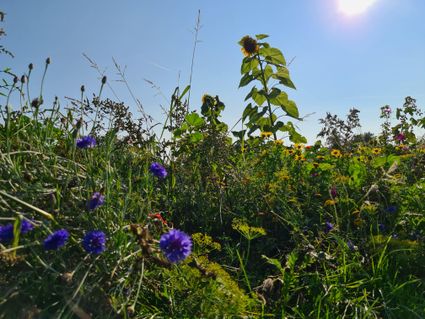 Kollum
Kollum -
Wadloper
Wadloper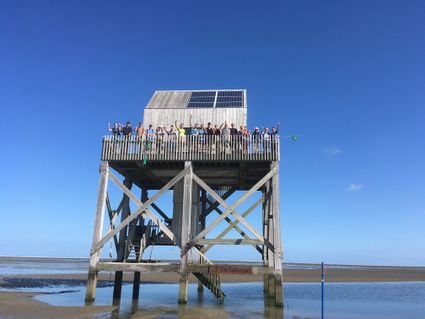 Lauwersoog
Lauwersoog -
Wadlopen met Jaap
Wadlopen met Jaap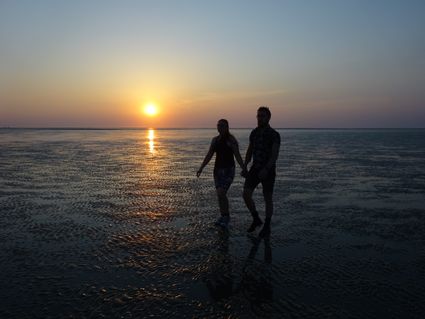 Nes
Nes -
Drogeham - De Hege Bulten I
Drogeham - De Hege Bulten I Drogeham
Drogeham -
Waterspeeltuin Lauwersoog
Waterspeeltuin Lauwersoog Lauwersoog
Lauwersoog -
Camping de Blijer Wadden
Camping de Blijer Wadden Blije
Blije -
B&B ByBoukje
B&B ByBoukje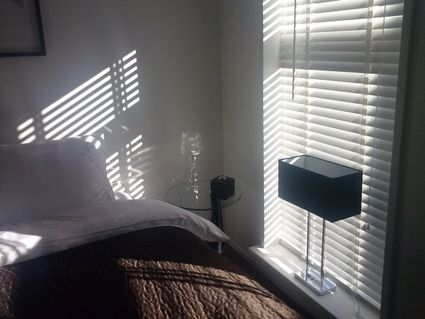 Earnewâld / Eernewoude
Earnewâld / Eernewoude -
St Vitus church Wetsens
St Vitus church Wetsens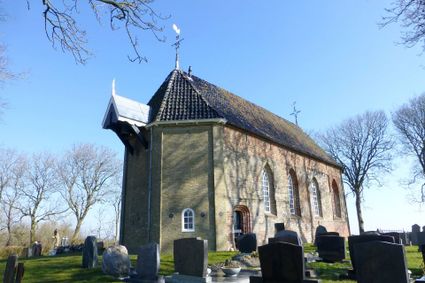 WETSENS
WETSENS -
De Koffiebranderij Dokkum
De Koffiebranderij Dokkum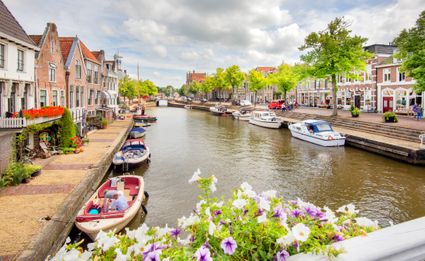 Dokkum
Dokkum -
Pettebosk Forest Playground
Pettebosk Forest Playground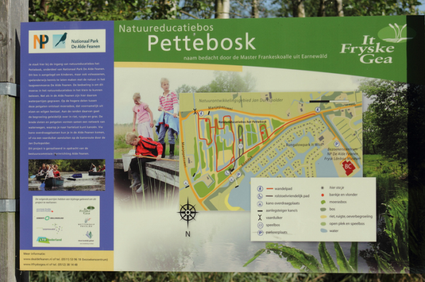 Earnewâld
Earnewâld -
National Park 'De Alde Feanen'
National Park 'De Alde Feanen'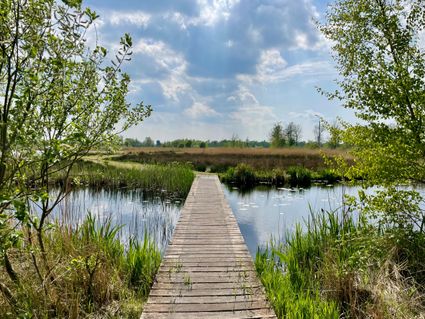 Earnewâld
Earnewâld -
Het Bildt | streek
Het Bildt | streek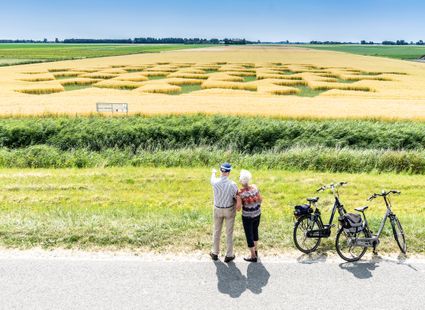 Sint Annaparochie
Sint Annaparochie -
't Heechsân
't Heechsân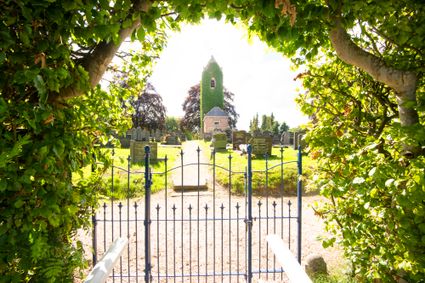 Eastermar
Eastermar -
Achterweg
Achterweg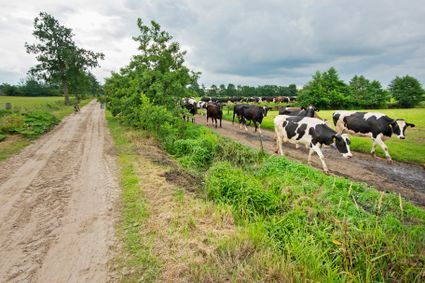 Jistrum
Jistrum -
Gedicht: Underwrâld | Elske Kampen


Accept cookies to see this content.


Accept cookies to see this content.
Gedicht: Underwrâld | Elske Kampen
Bekijk hier het gedicht in gebarentaal (NGT)
ÛNDERWRÂLD
moarn draach ik de bernespultsjes,
sjuery foar fersierde weinen, bûn fan jonge
feinten, de man dy’t stroffelet oer de grins
tusken dronken nacht en matinee
de band mei jierren-80-hits, froulju dy’t
as frije fammen út it sicht fan manlju dûnsje
oant stilte ûnferwacht nei middernacht
wreed de betsjoening brekt
ik dimp it roppen, razen, garje glês en
flessen, draach it doarpsfeest trije dagen oant
fantoomfoarm kantich giel neitiid oantsjut
wêr’t op myn fjild de tinte stie
krekt dan wit ik yn my in stille wrâld as
skielk mei kâlde hân winter boppe my it wetter
huverjend ta stilstân set, in souderflier fan
iis oer my hinne leit
fan grien nei brún myn gers rustkje mei yn
rêst, myn oerflak wurdt ta ûnderwrâld, ik my
ta sliepen lis en mins en feest ferjit, troch
myn dream it lûd fan izers sjit Aldtsjerk
Aldtsjerk -
Aanlegsteiger LM33A
Aanlegsteiger LM33A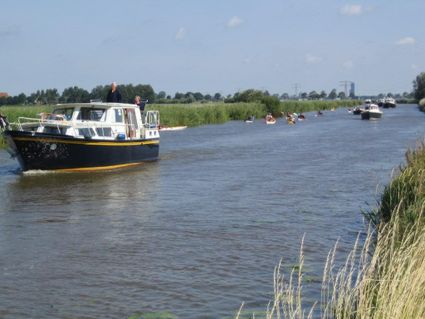 Driezum
Driezum -
Jacobuskerk Zeerijp
Jacobuskerk Zeerijp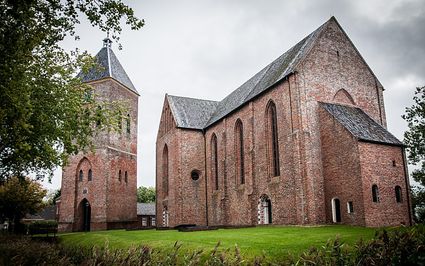 Zeerijp
Zeerijp -
Armenhuis Noardburgum
Armenhuis Noardburgum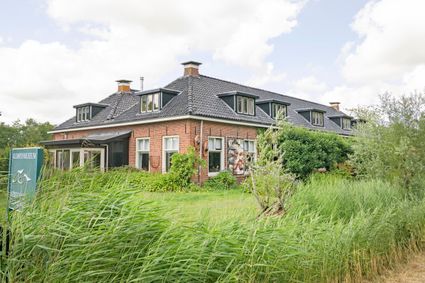 Noardburgum
Noardburgum -
Buwepleats - tweepersoonsappartement
Buwepleats - tweepersoonsappartement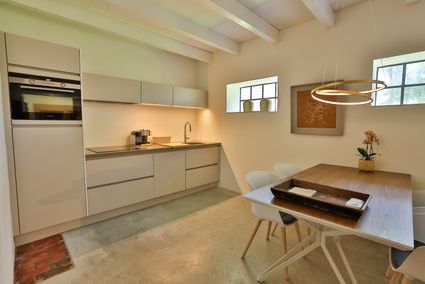 Drogeham
Drogeham -
Toxopeus op de dijk
Toxopeus op de dijk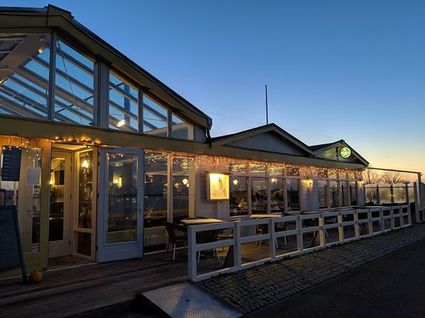 Anjum
Anjum -
Zeilcharter Willem Jacob
Zeilcharter Willem Jacob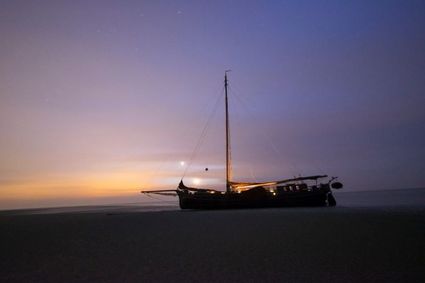 Groningen
Groningen -
Headmaster Jakob Klok in the resistance
Headmaster Jakob Klok in the resistance
During the war, Jakob (Jaap) Klok ended up in the resistance in Dantumadeel, where he played an important role. At the time, he lived with his wife and four children in Akkerwoude, where he was headmaster of the school at Hearewei 13. He stayed there until 1947 and will always be remembered as "Headmaster Klok."
Jaap Klok was active socially and in politics as a member of the Dutch Social Democratic Labour Party (SDAP). When party meetings were banned by the German occupiers, Jaap imperceptibly became ever more involved in resistance activities. He passed on party information, distributed illegal newspapers, and looked for addresses for people in hiding. Jaap Klok joined the LO, the National Organisation for Aid to people in Hiding, and became the Akkerwoude village commander.
Although people did not know exactly what he did, it was known that he was in the resistance. Despite the fact that his name circulated among NSB members, he decided not to go into hiding, but instead tried to be even more careful and to sleep at home more often than not.
As the war drew to a close, Jaap became very busy. The Dutch government in exile was calling on railway workers to go on strike. The resistance arranged for the hiding. On 15 December 1944, a group of about sixty refugees from Arnhem arrived at his school. Jaap was indirectly involved in the evacuation committee, which was looking for addresses for the unfortunate Arnhem residents.
Shortly thereafter, he was warned at the schoolhouse that during a raid in Murmerwoude, explicit questions were asked about schoolmaster Klok. Jaap did not hesitate a second and quickly left the house. And not a moment too soon, as ten minutes after his departure the Germans were already on his doorstep. From that moment on, Jaap knew that he had to be very careful. He hardly ever slept at home anymore.
From January 1945 onwards, the situation became explosive. After the discovery of weapons on a farm in Aalsum, the Germans became fanatical. They relentlessly hunted down resistance fighters and used any means to make those who were caught talk. The name "Jaap Klok" was also mentioned during these interrogations. Sufficient reason to leave then and there, with his whole family. The children stayed with relatives. He and his wife went into hiding elsewhere.
During the last weeks of the war, Jaap was very busy. Much had to be organised and discussed within the resistance to expel the Germans and prepare for the arrival of the Canadians. Just before Dantumadeel was liberated, the inhabitants were already beside themselves with joy. They raised the flag and took to the streets en masse to celebrate. Because of his resistance work, Jaap knew exactly what the situation was with regard to the liberation. He climbed onto the balcony of the town hall and addressed the people. After all, the danger had not yet passed. Even when that was the case shortly thereafter, he ensured that peace was maintained among the population of Dantumadeel and thus prevented the molestation of a number of NSB members.
After the war, he held many administrative positions in the province of Friesland. In 1984, Jaap Klok died at the age of 91. Fifteen years later, a statue of him was erected in Akkerwoude, which was then called Damwoude, as a tribute.
From the book "De oorlog een gezicht geven" (deel 6) – Dantumadeel in de periode '40 - '45 by Yvonne te Nijenhuis and Reinder H. Postma
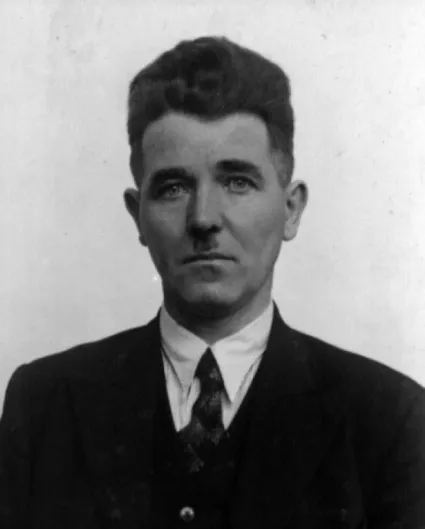 Damwald
Damwald -
't Ailand Lauwersoog
't Ailand Lauwersoog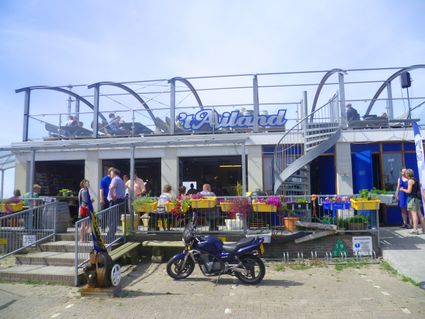 Lauwersoog
Lauwersoog -
Bed and Breakfast Het Werkmanshuisje
Bed and Breakfast Het Werkmanshuisje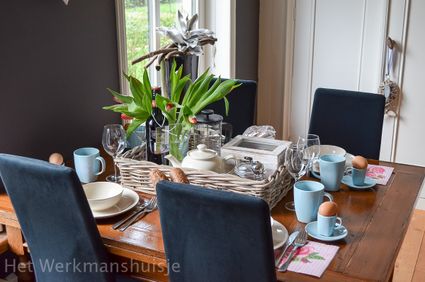 Burdaard
Burdaard -
Bonkevaart - Elfstedentocht Finish Line
Bonkevaart - Elfstedentocht Finish Line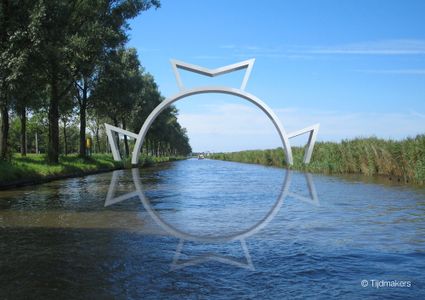 Leeuwarden
Leeuwarden -
Sint-Agathakerk Oudega
Sint-Agathakerk Oudega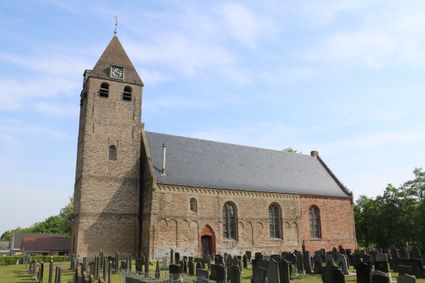 Oudega
Oudega -
Lunchroom De Koffiepot
Lunchroom De Koffiepot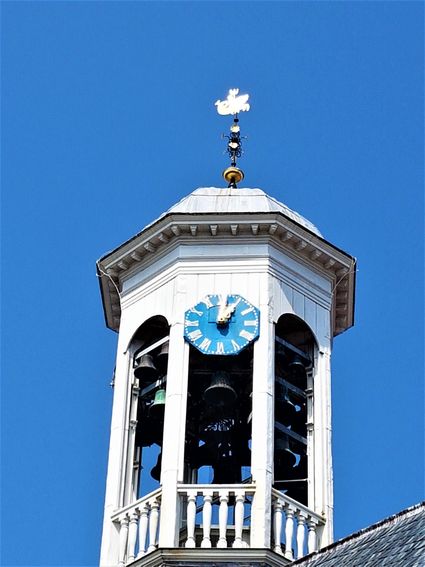 Dokkum
Dokkum -
Monument zeemijn
Monument zeemijn Lioessens
Lioessens -
Âldemolkfabryk
Âldemolkfabryk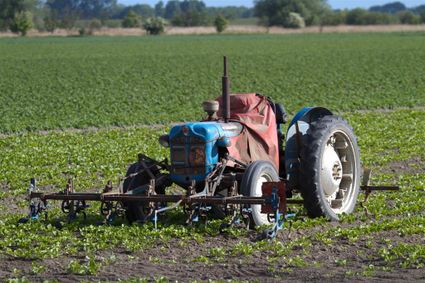 Ee
Ee -
Waddenhuisverhuur Wad'n Leven
Waddenhuisverhuur Wad'n Leven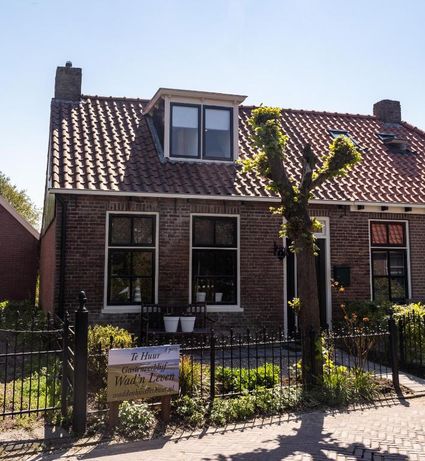 Peasens
Peasens
